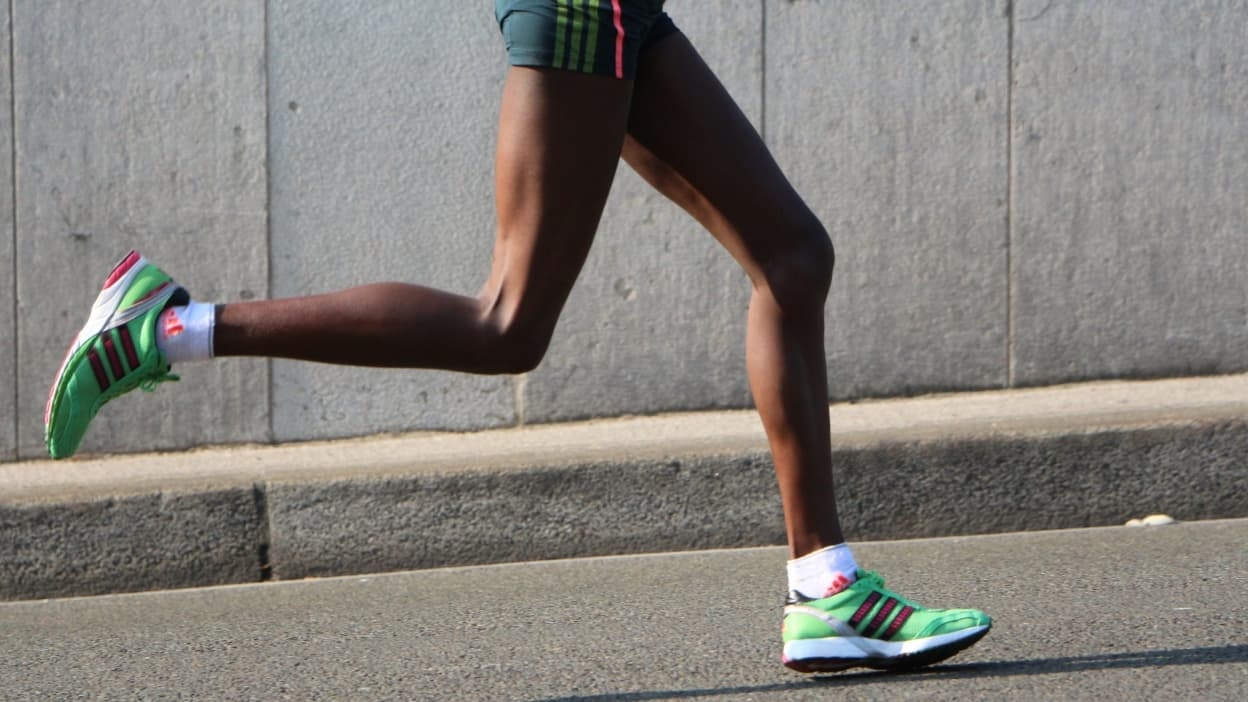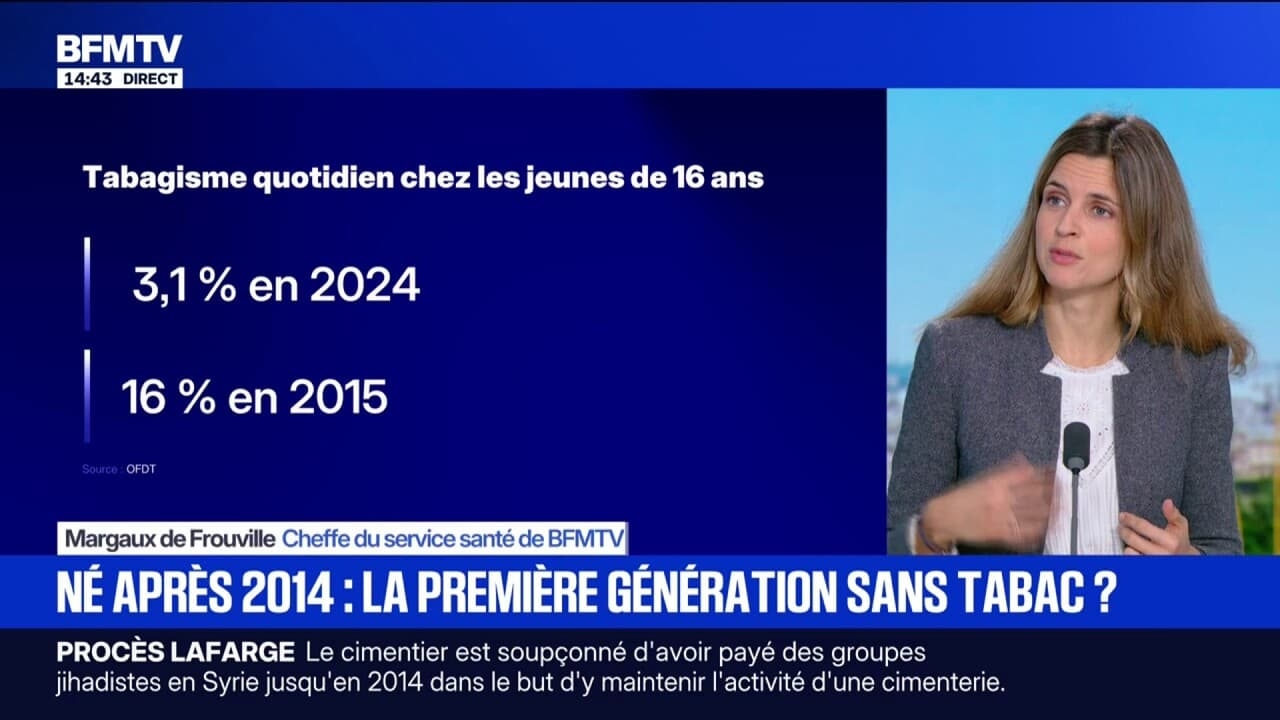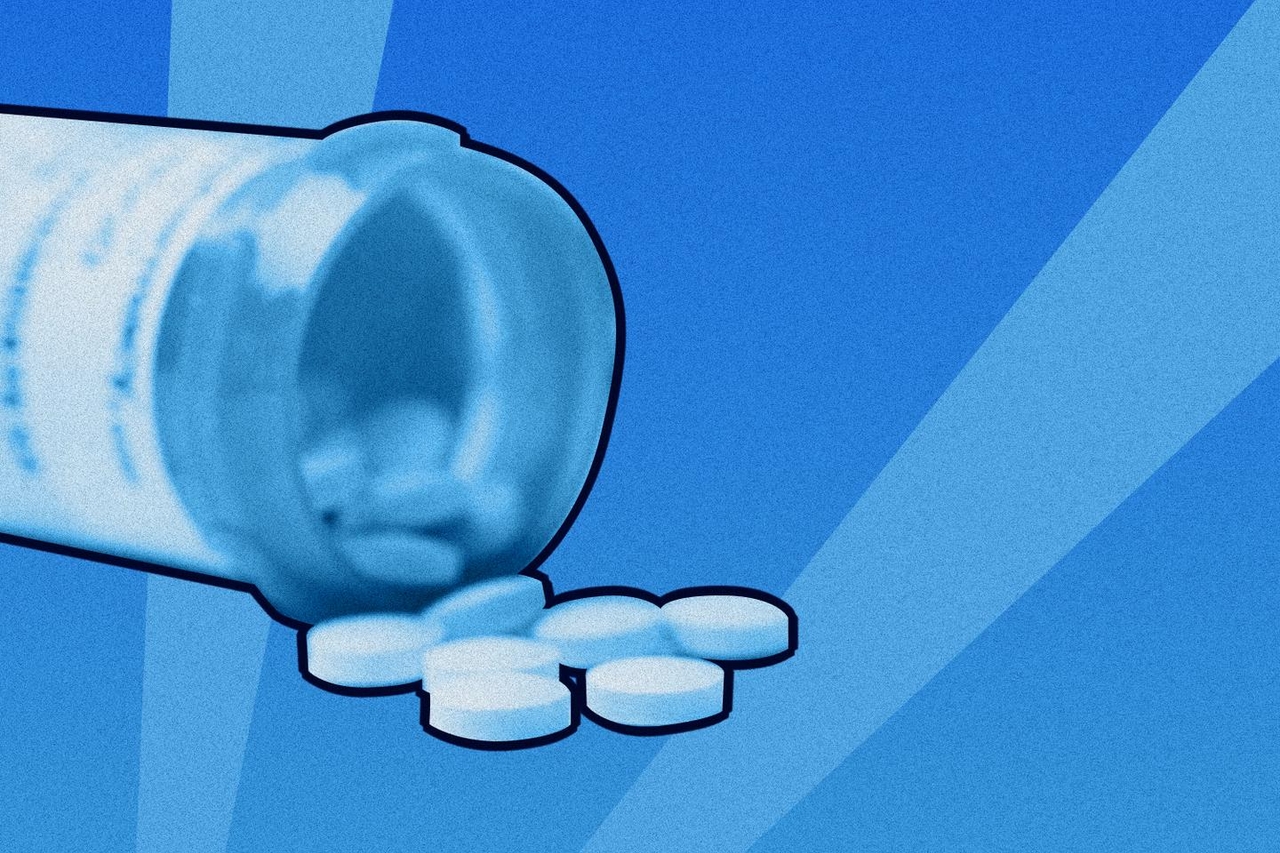End of life: the Council of State rules in favor of the Gustave-Roussy Institute against a family

It is an end of life that divides judges as much as doctors. Chabane Teboul, 64, hospitalized in intensive care at the Gustave-Roussy Institute (IGR), in Villejuif (Val-de-Marne), since mid-August, suffers from brain lesions, linked to two cardiac arrests, which have deprived him of all autonomy and his ability to express himself.
At the end of August, his family appealed to the Melun Administrative Court to prevent the interruption of his treatment, planned by the Gustave Roussy Institute (IGR), which intended to sedate the patient until his death. On September 30, the court suspended the hospital's decision .
On Monday, November 3, the Council of State, however, sided with the resuscitation medical team. The judges of the Palais-Royal considered that the use of respiratory assistance for Chabane Teboul constituted "unreasonable obstinacy," given that there was no hope of him regaining his cognitive abilities and that the deterioration of his health, linked to treated but now incurable throat cancer, was "irreversible."
According to the Leonetti Law of 2005 , "unreasonable obstinacy" can be invoked by doctors to suspend treatment "when it appears useless, disproportionate or having no other effect than the artificial maintenance of life" .
"Low responsiveness"The Council of State issued its ruling after being petitioned by the Gustave Roussy Institute (IGR), which was determined to appeal the Melun court's decision that had sided with Henia Teboul, the patient's eldest daughter. The Council of State's ruling directly contradicts that of the administrative court: the disagreement between the two bodies concerns the patient's neurological condition, a subject on which the doctors themselves disagree.
The Melun Administrative Court based its refusal to withdraw treatment on the report of a neurologist and an anesthesiologist-intensivist external to the institute. The two doctors, appointed by the judges, had observed in mid-September that Mr. Teboul "turned his head appropriately towards his daughter when she stimulated him , which demonstrates minimal responsiveness . " "This limited responsiveness," the two practitioners concluded, "does not justify deep and continuous sedation maintained until death after extubation, as planned."
You have 48.76% of this article left to read. The rest is for subscribers only.
lemonde





